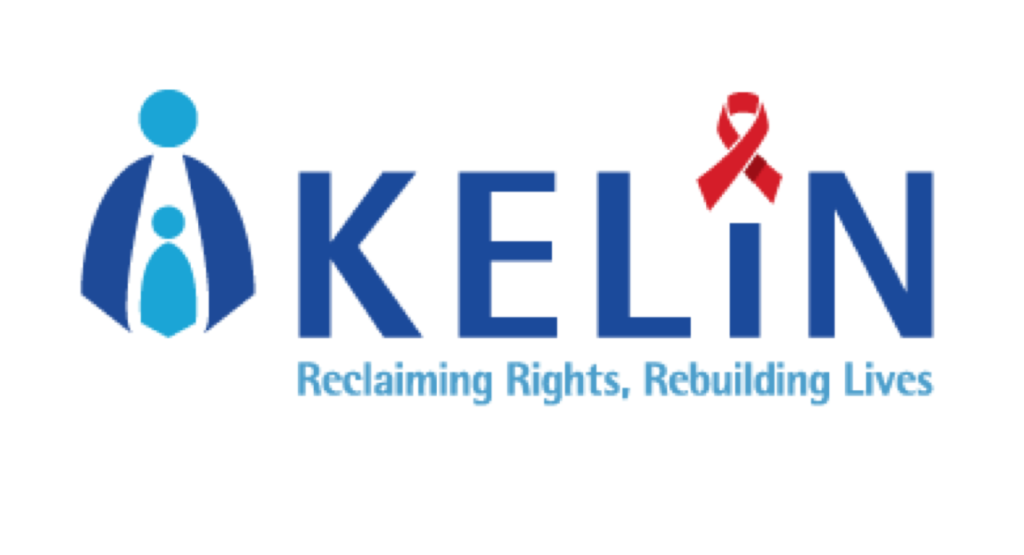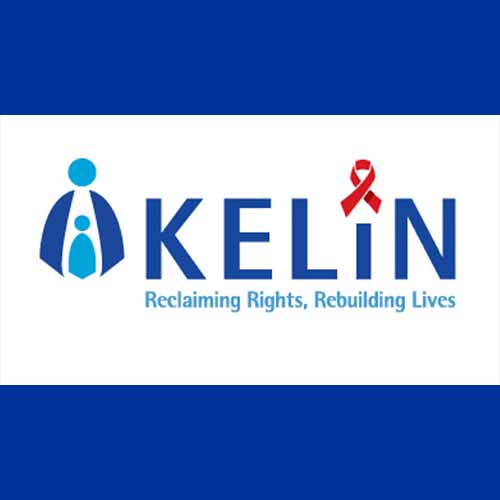The Kenyan Ministry of Health is in the process of developing e-health legislation and has since 2021 been engaging stakeholders in the development process of an e-Health Bill. The Transform Health Kenya Coalition has been monitoring and participating in the process with the most recent workshop convened by the Ministry of Health held from 21st to 25th November 2022 in Naivasha.
The e-health legislation is being developed in compliance with section 104 of the Health Act, 2017. This Act mandates the Cabinet Secretary Ministry of Health to within three years[1] ensure the enactment of an e-health legislation that provides for among other things (a) administration of health information banks including interoperability framework, data interchange and security; (b) collection and use of personal health information; (c)management of disclosure of personal health information; (d) protection of privacy; (e) business continuity, emergency and disaster preparedness; (f) health service delivery through M-health, E-learning and telemedicine; (g) E-waste disposal; and (h) health tourism.
E-Health is recognized as a mode of health service provision in Kenya [2] and defined in the Health Act, 2017 to mean the combined use of electronic communication and information technology in the health sector including telemedicine.[3] Kenya is legally behind schedule in this process given that as per the Health Act, the legislation ought to have been enacted by 2020.
Digital health technologies are a promising phenomenon in quality healthcare service delivery. The quest to continuously innovate ways in which one can receive quality healthcare from the comfort of one’s home is a motivating factor for digital health stakeholders. There has been an upsurge of innovation in the health sector lately, precipitated by the increased use of mobile phones and devices. The network coverage is also broadly distributed allowing easy communication and sourcing of health information.
According to the World Health Organization, digital technologies have the potential to support health systems in health promotion and disease prevention, and by improving the accessibility, quality and affordability of health services.[4] WHO’s Global Strategy on Digital Health 2020-2025 acknowledges that there is a growing consensus in the global health community that the strategic and innovative use of digital and cutting-edge information and communications technologies is an essential enabling factor towards ensuring that one billion more people benefit from universal health coverage, that one billion more people are better protected from health emergencies, and that one billion more people enjoy better health and well-being.[5]
Despite the new digital tools and products entering the Kenyan market all the time, the regulatory systems have not kept up with this influx of technologies. A landscape analysis of digital health and universal health coverage in Kenya conducted by Transform Health Kenya Coalition established that Kenya lacks a comprehensive legal framework conducive for the adoption and utilisation of digital health technologies. The country still relies on diverse standards, laws and policies which apply to eHealth but do not specifically discuss it, thus creating gaps in the regulatory and enforcement system.[6] While there are several policies and guidelines available on e-health, electronic medical records, and health information systems, they are often at a relatively general level. The absence of clear, enforceable regulations and laws creates a gap that the government and legislators need to address with the full participation of civil society and other sectors.
The government has also been making commitments to prioritize and implement digital health programmes. For instance, H.E. President Dr. William Ruto, through his campaign manifesto, promised that the Kenya Kwanza government would integrate Information Communication and Technology systems to enhance telemedicine and health management information systems. The President also pledged to immediately operationalize a National Health Information System for Electronic Health Records (EHR) to standardize and ensure the portability of patient data. Relatedly, under the Third Medium Term Plan the government had also prioritised digital health programmes as one of the flagship projects to expedite the development of the healthcare industry. The government outlined plans to digitise services and adopt technologies such as e-health, m-health, telemedicine, and space technologies by leveraging on the improved ICT infrastructure and mobile penetration rates (stated to stand at over 80 per cent).[7]
It therefore goes without saying that an enabling legislative framework is critical to support these priorities.
Through a digital health law, the country will set an appropriate legal framework for assuring client safety, data security, appropriate use and ownership of health data, privacy; place people at the centre of digital health through the appropriate health data ownership; strengthen governance of digital health by leveraging existing structures and creating sustainable and robust governance structures, including regulatory frameworks; establish standards for safety, security, privacy, interoperability, and the ethical use of data within and outside the health sector and strengthen gender equality and health equity approaches.
These can be realised through the E-Health Bill 2021. Transform Health Kenya Coalition will publish a comprehensive position statement on the proposed provisions in the Bill to inform public discourse. The current draft of the Bill has the following objectives:
- establish a national e-health system which encompasses public and private institutions and providers of health services at the national and county levels and facilitate in a progressive and equitable manner, the highest attainable standard of health services.
- protect, respect, promote and fulfil the health rights of all persons in Kenya to the progressive realisation of their right to the highest attainable standard of health, including reproductive health care and the right to emergency medical treatment.
- promote the mobilization and efficient use of resources needed to improve health information.
- improve collection, collation, analysis, storage, dissemination, and use of data.
- create the necessary regulatory framework for information management and reporting in the health sector.
- enhance the application and use of information communication technology (ICT) to enhance access and quality of health care.
- improve privacy, confidentiality, and security of information sharing and use.
- provide a framework for implementation, monitoring and evaluation, and financing of the HIS policy objectives.
- create an environment for continual improvement of a devolved HIS in line with the new constitutional mandate; and
- provide an overarching institutional framework that defines roles and responsibilities.
Through the Bill, the country has an opportunity to provide substantive legal provisions on establishment and maintenance of a comprehensive integrated health information system; health data governance; management of disclosure of personal health information; health service delivery through M-health, E-Learning and Telemedicine; E-Waste disposal and health tourism.
Transform Health Kenya Coalition voices its support to the development of this important piece of legislation.
- The Coalition calls upon the Cabinet Secretary Ministry of Health, in compliance with Section 104 of the Health Act 2017, to expedite the development of this legislation.
- Importantly, the Coalition urges the Ministry of Health, where the draft Bill is currently domiciled, to initiate public consultations on the draft Bill to ensure that the process is as inclusive as possible where views, opinions and recommendations from all stakeholders are considered.
- The Coalition further calls on the Ministry of Health to facilitate the participation of young people, women and key and vulnerable populations in this legislative process to ensure their perspectives, concerns and needs are adequately addressed so they can both benefit from the digital transformation, and access and control their own data to improve their health outcomes.
- The Coalition is keen to see the Bill introduced in Parliament, and calls upon legislators, once introduced, to safeguard the interests of all Kenyans in enacting this law.
Endorsed by:
- Kenya Legal and Ethical Issues Network on HIV and AIDS (KELIN)
- Nelson Mandela TB HIV Information CBO
- KP Consortium
- Viamo Kenya
- Imara.Tv
- Africa Media Trust (Love Matters Kenya)
- Picture Youth Group Organisation.
- Men For Positive Living Support CBO
- White Ribbon Alliance Kenya
[1] Three years of operation of the Health Act, 2017
[2] Section 103, Health Act, 2017
[3] Section 2, Health Act 2017
[4] https://apps.who.int/gb/ebwha/pdf_files/WHA71/A71_R7-en.pdf
[5] WHO (2021) Global strategy on digital health 2020-2025 available at https://cdn.who.int/media/docs/default-source/documents/gs4dhdaa2a9f352b0445bafbc79ca799dce4d.pdf?sfvrsn=f112ede5_75
[6] Report of Technical Working Group to Develop Guidelines and Checklists for Report on the Regulation of Electronic Health Practice in the Country, 2019, https://kmpdc.go.ke/resources/4.%20Draft%200%20%20Electronic%20Health%20Regulation.pdf
[7] Third Medium Term Plan 2018 – 2022.



